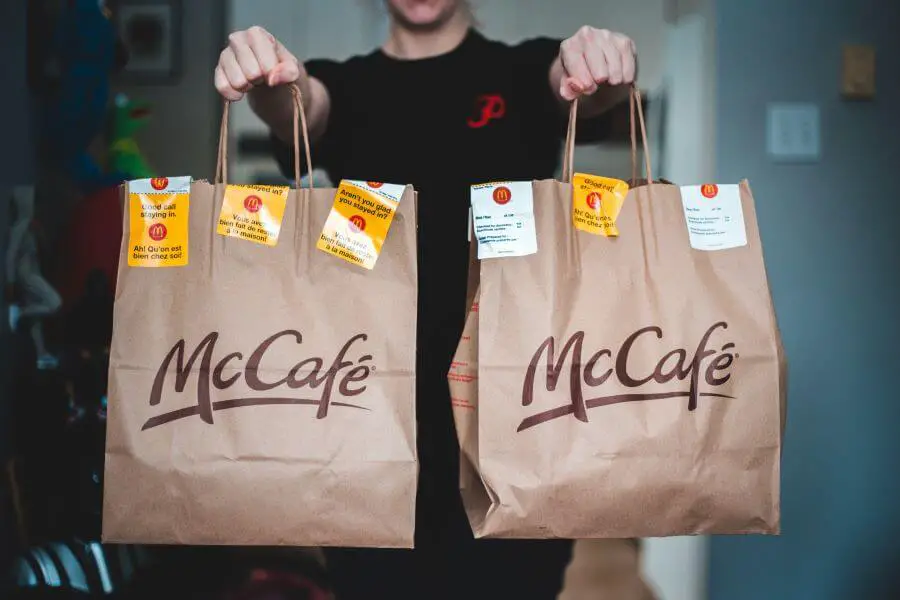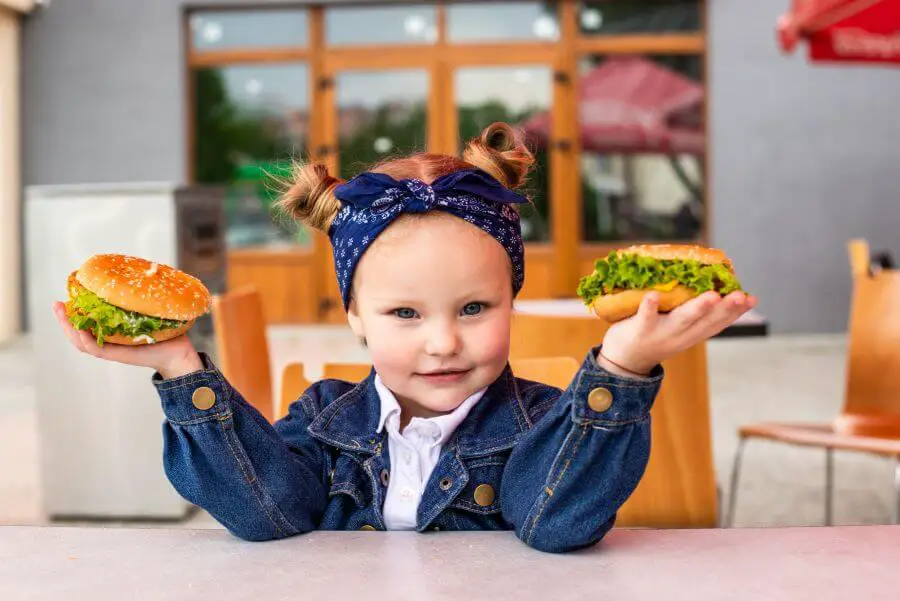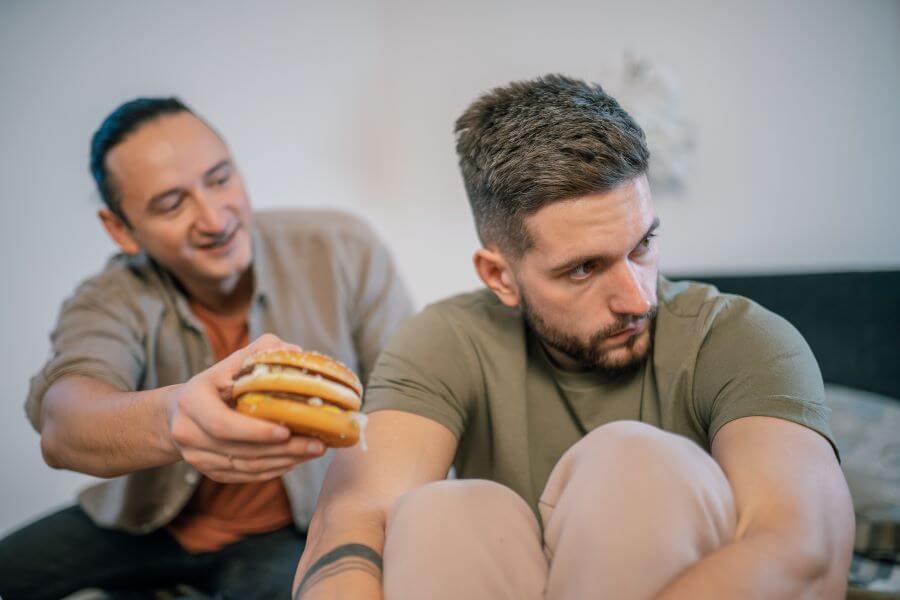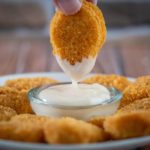
In the fast food world, McDonald’s stands as a symbol of convenience and speed. The ordering process is usually straightforward – you order your meal, pay for it, and receive what you’ve asked for.
However, sometimes you open your bag to find extra food you didn’t order or pay for. This unexpected occurrence can bring forth a flurry of emotions and questions.
Behind the Golden Arches: A Glimpse into McDonald’s Operations
Like any other fast food restaurant, McDonald’s operates in a high-pressure and fast-paced environment. The staff works swiftly to take orders, prepare meals, and serve them to customers.
In such an environment, human errors can occur. An employee might unintentionally add extra items to order, or mix-ups might happen where orders get swapped or combined, resulting in extra food in your bag.
Sometimes, the extra food isn’t a mistake but a goodwill gesture from the restaurant staff. If your order was delayed or you’re a regular customer, the team might add an extra item as a ‘thank you’ or compensation for the wait.
These gestures are part of McDonald’s commitment to customer satisfaction, aimed at building a positive relationship with their customers.
The Extra Food Dilemma: What Should You Do?

Finding yourself with extra food from McDonald’s presents you with several options.
Suppose you notice the mistake while still at the restaurant; you could return the extra items. This action is a simple way to rectify the error and ensure the food is not wasted.
However, if you discover the extra food when you’re already home or if returning it isn’t feasible, you might choose to keep it. In this case, consider sharing it with others.
By sharing, you ensure the food doesn’t go to waste and turn an unexpected situation into an opportunity for generosity.
Another option is to donate the extra food. If you find yourself with a significant amount of leftover food you won’t be able to consume before it spoils, consider donating it to a local food bank or shelter.
This act can help those in need and contribute to reducing food waste.
Navigating the Ethical Landscape
Receiving extra food that you didn’t pay for can raise ethical questions. Is it right to keep something that wasn’t intended for you? Various ethical theories provide different answers to this question.
From a consequentialist perspective, which focuses on the outcomes of actions, keeping the food might be acceptable if it leads to positive results, such as sharing the food with others or preventing waste.
From a deontological perspective, which emphasizes duties and rules, it might be seen as wrong since it involves benefiting from a mistake.
Ensuring Accuracy: Strategies to Minimize Order Errors
While receiving extra food can sometimes be a pleasant surprise, most people prefer to obtain precisely what they ordered. Here are some tips to ensure order accuracy:
- Be clear and specific when placing your order.
- Repeat your order to the staff to confirm.
- Check your receipt to verify the order details.
- Before leaving the restaurant or drive-thru, check your order to ensure everything is correct.
Understanding McDonald’s Policies and Procedures
McDonald’s has policies and procedures to ensure order accuracy and customer satisfaction. Employees are trained to minimize mistakes, and measures like order confirmation and receipt checking are implemented.
However, mistakes can still occur. When they do, McDonald’s generally encourages customers to report the error to be corrected, reflecting their commitment to customer satisfaction.
Legal Considerations
From a legal standpoint, the implications of keeping extra food can be complex and vary based on local laws and regulations.
However, in most cases, if you receive extra nutrition due to a mistake by the restaurant, you’re not legally obligated to return it. But while it may be legal to keep the food, the ethical considerations still apply.
The Impact on Customer Perception and Loyalty
Customers receiving extra food in their order can significantly influence their perception of McDonald’s. If they view the additional food as a positive surprise, it could enhance their overall experience, increasing satisfaction and loyalty towards the brand.
On the other hand, if they perceive it as a mistake, it could raise concerns about the restaurant’s efficiency and accuracy, potentially affecting their future patronage.
Moreover, how McDonald’s handles these situations when brought to their attention can also impact customer perception. If the restaurant acknowledges the mistake and responds positively, it could reinforce the customer’s trust in the brand.
Conversely, a hostile or dismissive response could damage the customer relationship.
The Role of Technology in Minimizing Order Errors
With technological advancements, fast-food chains like McDonald’s continually seek ways to improve order accuracy and reduce mistakes.
Digital ordering systems, whether through kiosks in the restaurant or mobile apps, allow customers to input their orders directly, reducing the risk of miscommunication.
Furthermore, sophisticated Point of Sale (POS) systems can track orders accurately, alert staff to potential errors, and provide detailed receipts to customers, helping them verify their orders.
As technology evolves, we expect further improvements in order accuracy, potentially reducing the incidence of receiving extra food in your order.
The Social Aspect: Sharing the Unexpected Bonus

Receiving extra food in your McDonald’s order provides an unexpected opportunity to share with others.
Sharing the extra food can turn a simple mistake into a chance to connect with others and spread positivity, whether with family, friends, colleagues, or even a stranger in need.
Moreover, sharing food is deeply ingrained in many cultures as a gesture of hospitality and goodwill. By sharing the extra food, you ensure it doesn’t go to waste and participate in a timeless social tradition.
Even if the extra food was unplanned, it might catalyze a memorable experience.
The Bigger Picture: Addressing Food Waste in the Fast Food Industry
Extra food can contribute to food waste, a significant issue in the fast food industry. McDonald’s and other fast food chains are implementing strategies to reduce waste, including improving order accuracy, portion control, and donating surplus food.
As consumers, we can contribute to these efforts by ordering only what we need, properly storing leftovers, and responsibly handling situations where we receive extra food.
In conclusion, finding extra food in your McDonald’s order can be a surprise. How you handle it can depend on many factors, including the circumstances, your values, and your understanding of the potential reasons behind it.
Whether you choose to return the food, keep it, share it, or donate it, the important thing is to make a decision that you’re comfortable with and that contributes positively to the broader community.






